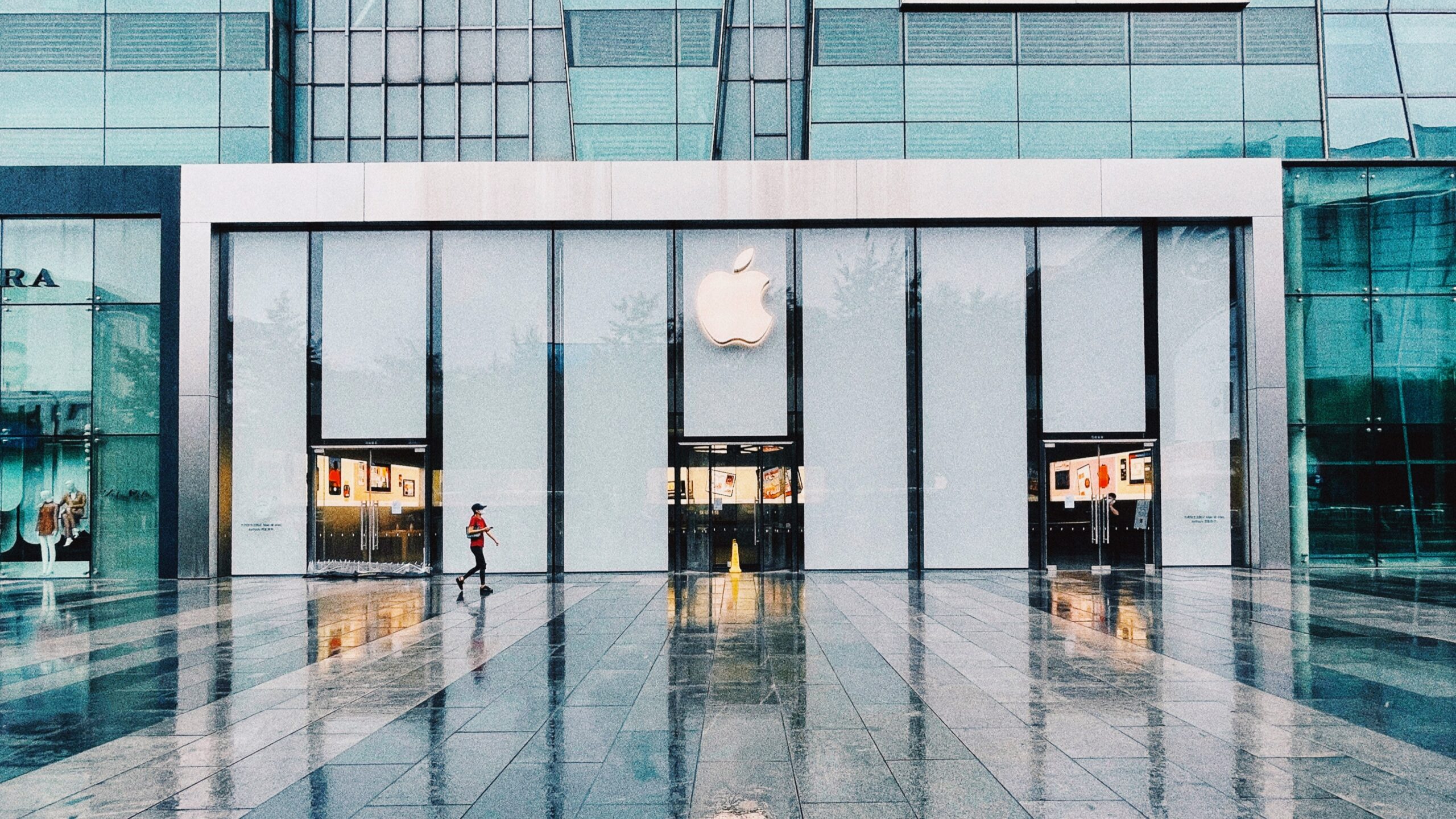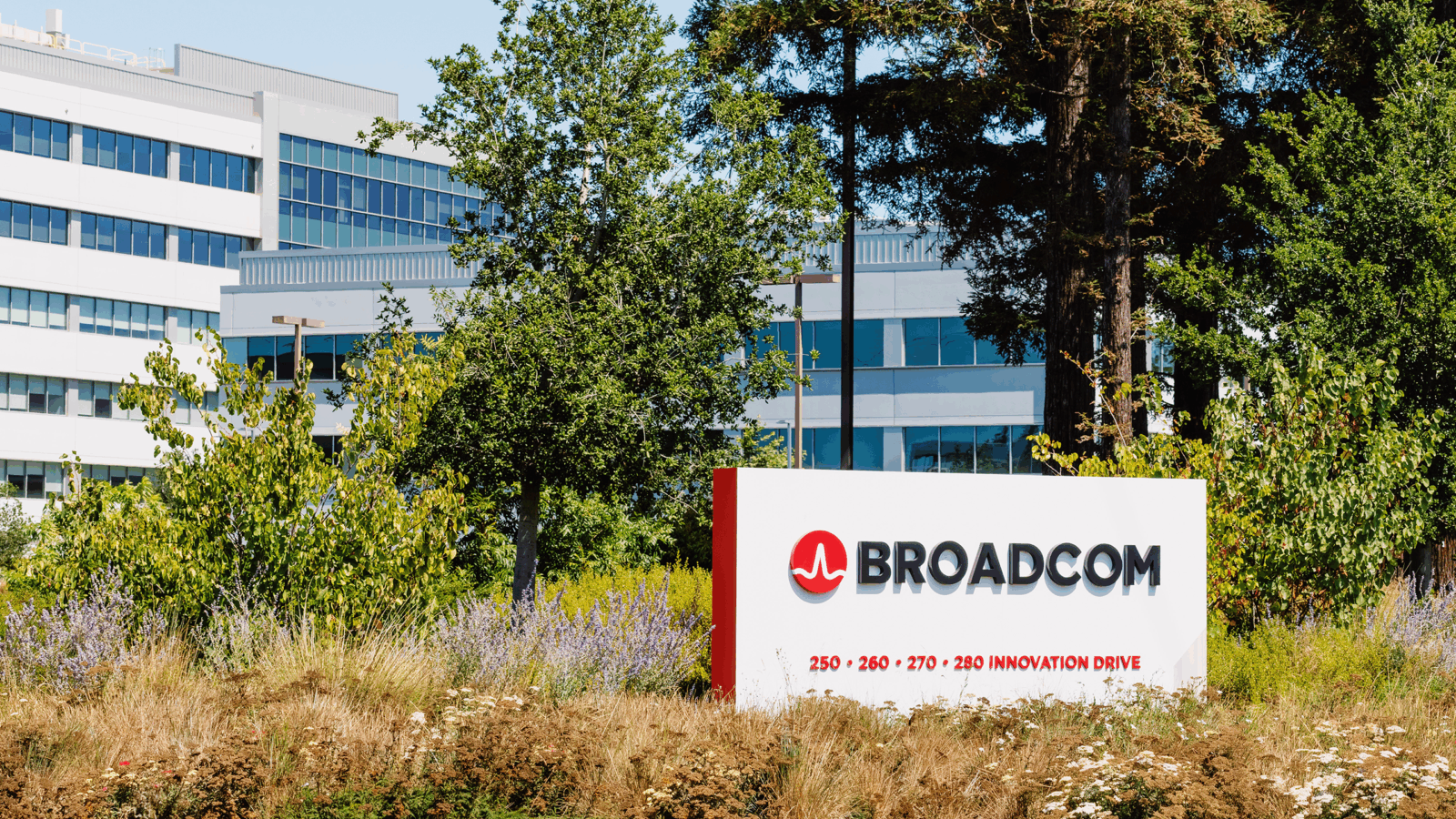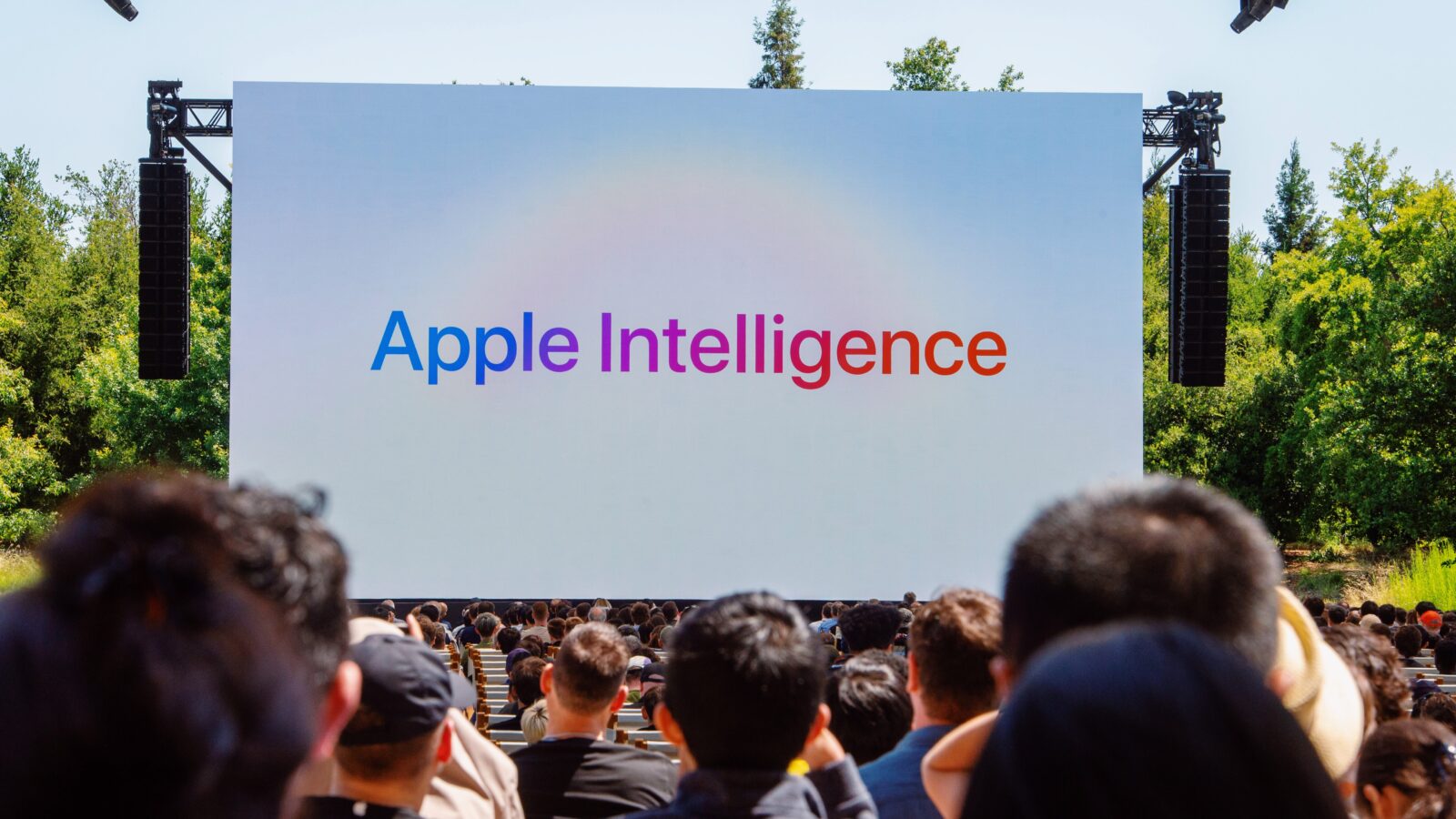Western Brands Still Have High Hopes for a Chinese Rebound
Many American firms have taken a long time to build sustainable markets in China. They can’t let a little slump get them down.

Sign up for smart news, insights, and analysis on the biggest financial stories of the day.
Despite the constant talk of “decoupling,” many big-name Western brands aren’t looking to break up with China anytime soon. Plenty of US businesses have seen weaker demand there over the past year, but most are banking on a temporary slowdown in consumer spending.
It’s Just a Hiccup
Apple and Tesla, which have substantial footprints in China, had a rough 2023. Apple’s fourth quarter was mostly solid, but with the iPhone facing heavy competition from China-based Huawei, its collective sales in mainland China, Hong Kong, and Taiwan fell by 13% year-over-year to roughly $21 billion, below Wall Street expectations. Tesla managed to beat analyst estimates, selling 485,000 cars in China in the fourth quarter, but that total was notably 42,000 units below Chinese automaker BYD.
A consumer slowdown isn’t China’s only economic tribulation. Its slow reversal of zero-COVID policies had the nation lagging behind countries that had been open for business for months. And its hurting housing market just saw the liquidation of Evergrande — one of China’s largest developers. Meanwhile, cities and provinces across the country are drowning in debt. Foreign investors have taken a powder, with one telling the FT this weekend that the country was “uninvestable.”
But for the glass-half-full crowd, the only way to go is up:
- Beijing is taking steps to reinvigorate its economy and financial markets by cutting red tape and slashing interest rates in the housing market, pumping cash into the banking sector, and having state-linked investors buy exchange-traded funds to support the country’s ailing stock market. Western brands are betting that the stimulus gives consumer spending a boost, The Wall Street Journal reported.
- Apple CEO Tim Cook has said he remains optimistic about China for the long term, and Procter & Gamble CEO Jon Moeller told the WSJ that China’s growing middle class gives him hope for the future. And General Motors CEO Mary Barra said China remains a “place to play” despite seeing 2023 sales there drop 9% from a year ago.
Don’t Know What You Don’t Know: The tough thing about a Chinese rebound is being able to trust the data. The International Monetary Fund — which recently predicted China’s economy would grow 4.6% this year — said there are “significant” gaps in the nation’s quarterly GDP data, and many financial institutions were flabbergasted when China suspended official youth unemployment data for six months. Like the best mystery writers, Beijing has taken the “always keep ‘em guessing” approach.











